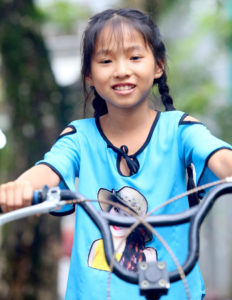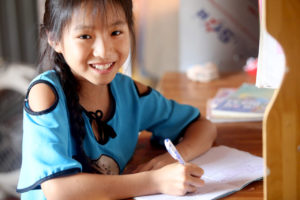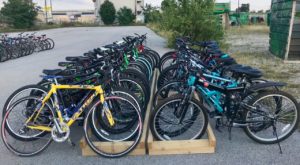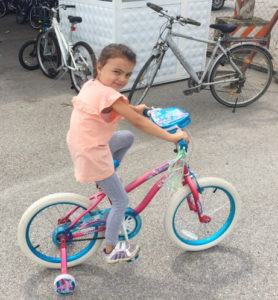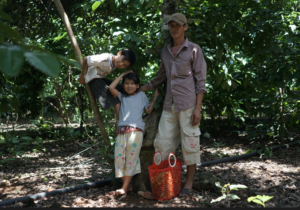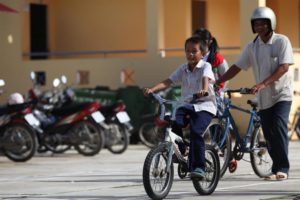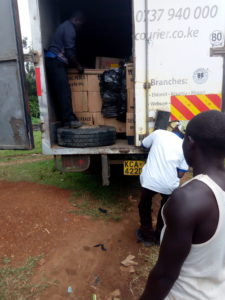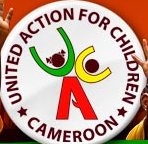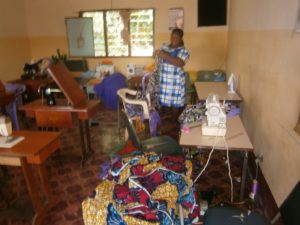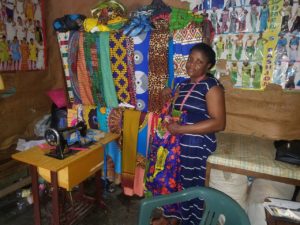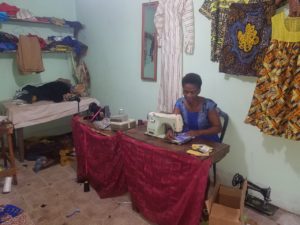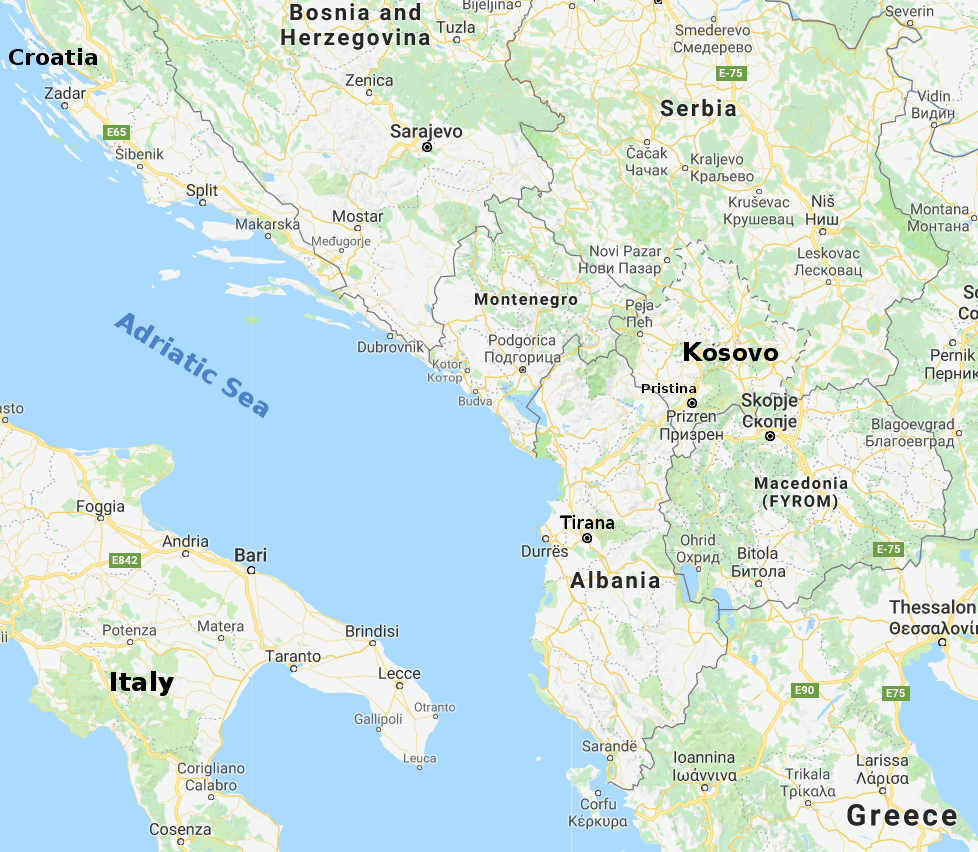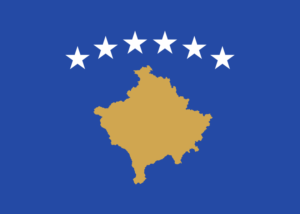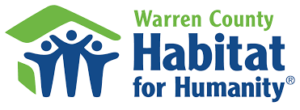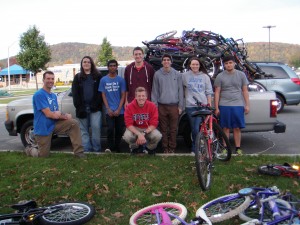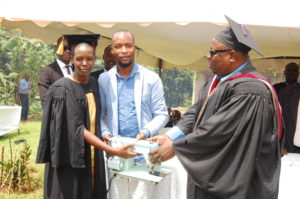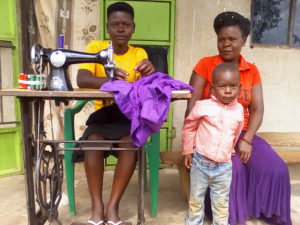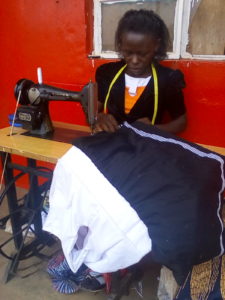America has always been great!
From September 4, 1776, the first day our Continental Congress met, America has been great. We’ve had our ups and downs, times of great pride, and unfortunately times of shame, but the enduring spirit of the American people continues. We have at times lost our way but have been able to rally back and we will again.
I was raised by a single Mom. We existed on the survivor benefits from my deceased father’s Social Security and Veterans benefits, plus surplus USDA food. While I never truly went hungry, I was often hungry by choice just because of the poor quality of what was offered.
I grew up in southeastern Massachusetts at a time when Kennedy was President and the United States represented that gleaming city on the top of the hill. I was deeply inspired by President Kennedy. He was tremendously admired by all of the population of Massachusetts. He was not a God; he was a man with his good sides and bad and I’m sure the #MeToo Movement would have had trouble accepting him. That side was never made public, at least to children in 1963, but Kennedy inspired us. He dared us to try the impossible and although he was fallible, his efforts changed the course of history.
Even as a youngster I was political. My mother always had us watch the nightly news and would discuss what was going on in the world. We watched every speech Kennedy made. The one that sticks in my mind the most was the one in which he challenged us, “Ask not what your country can do for you, but what you can do for your country”. That has been a core philosophy of my life. The second most memorable thing was when he with his brother-in-law Sargent Shriver started the Peace Corps. Nobody expected it to work, but it has been part of his enduring legacy. Our lives were shit, but I learned that there were other people even worse off. I forced my mother to send an application to the Peace Corps. I didn’t know what I could do but I knew a lot about agriculture and raising animals. We gardened in the summer so food was better then. I had a flock of chickens and sold eggs up and down the street so at least we always had eggs in the house. I had newspaper routes, shoveled snow in the winter and mowed lawns in the summer just to bring in some money so that we could afford better food. I really saw not a lot of hope and I thought if I joined the Peace Corps in a country where people were worse off perhaps I would be better off.
Amazingly a Peace Corps recruiter called up and he explained to me that I was too young, and that I should go to college and learn a skill so that I would be better prepared to work overseas.
A lot of time went by. The Vietnam War came and went. I graduated from college with a relatively useless degree but being in college kept me out of the draft. I started working after college at a carpentry factory but I really still saw no future for myself. In 1977 I remembered my old dream and decided it was time to take the future into my own hands and I joined the Peace Corps.
I remember the plane taking off from Logan Airport in Boston on its way to Miami and thinking to myself, “What did you get yourself into this time?” I served for 2 and a half years in the Amazon basin of Ecuador with the tribe of indigenous American Indians called the Shuar. My job was as a land surveyor to survey the land of the Shuar Federation to give them legal property title from the government of Ecuador. They really didn’t understand it very well since they had lived there for centuries. Why did they need a piece of paper? The answer was that there’s oil and and gold under that land. I’m not sure who gained more by my time in the Peace Corps. I believe it was me. I learned a lot about myself and the world, and I got my compass straight.
Finally in January 1980 my time was up and I needed to go home. In 1980 unemployment was double digits in Massachusetts. There was no worthwhile work. I moved to Long Island because I got offered a job teaching agriculture at a middle school. It was there that I met my wife and got married. Long Island was too congested so we moved to Western New Jersey. I tried teaching agriculture in high school again but I just wanted to get out of school. I’d been in a classroom too long. I fell back on previously learned skills and starting working as a carpenter.
Carpentry was good. I created new living spaces for people but I had a very minimal effect on society. We were successful but I still needed more. Every week on garbage day I would see perfectly good bicycles being thrown out, usually because they were the wrong color or the wrong size. When I was in the Peace Corps living in the town of Sucúa, Morona-Santiago, Ecuador, only one person in town had a bicycle. Everyone else walked everywhere they went all the time. I started thinking about all of these good bicycles being thrown into the trash for no reason and how they could revolutionize Sucúa. That was the impetus to start Pedals for Progress.
When there is a migration of people for economic reasons the people who leave are the best and brightest. That makes it almost impossible for the society the people are leaving to be successful. There had to be a way to help people stay in their own community. The answer was they needed to have hope of a brighter future and a path to get there. From my time in Ecuador I realized that the problem in the developing world was not always a lack of work but rather a way to get to work. The primary goal in starting Pedals for Progress was to give people in the developing world the ability to stay in their hometown with their family and have the hope for a better future. There is no hope for the future without food on the table.
All of Central America cannot move to the United States, just as all of West Africa cannot move to Europe. We just cannot absorb all those people. Therefore it is crucial that we find a way to build these developing societies so those individuals see a path to success. A sad truth of adulthood is that you need to go to work. Children need to go to school. People need to go places to be successful. Yet when I started this organization in 1991 almost half of the world walked everywhere they went. Mankind’s greatest invention, the wheel, had not been introduced into those people’s lives.
By 1993 I quit my job as a carpenter and dedicated myself full-time to collecting as many bicycles I could to help as many communities as I could. I quickly realized that I would not be able to grow Pedals for Progress big enough to be able to meet goals I’ve set for myself. That’s when I decided to publish my business plan and try to get other people to pick up my goals and move them forward. I did not want them to join Pedals for Progress but rather create independent sister organizations in every major city, and every developed country to pursue the goal of introducing the wheel to everybody on the planet. I offered to consult with any of the groups for free to help them get started. There are now over 70 groups in at least a dozen countries collecting bicycles as charitable items and shipping them to developing nations. While Pedals for Progress has shipped a mere 156,000 bicycles, our sister organizations, some of which I am in close contact with and others that I have no contact with, combined have matched our total.
In 1999 we branched out and began collecting sewing machines. While a bicycle allows an adult to go to work, a sewing machine is a job in a box. Shipping bikes was easy because in every town in every country of the world there are mechanics who can fix a bicycle. The bicycle is a product of the 1800s; for the most part they are just not that complicated. On the other hand, if a sewing machine needs repair, it takes a special individual. We started the sewing machine business very slowly because we had to learn not only how to collect them, but how to get them repaired, and we had to learn a new way to ship. We put sewing machines in many of our bicycle containers but there are many programs which we have started around the world that have no interest in bikes and really want just sewing machines. By the time you’re reading this in November we will have shipped close to 5000 sewing machines and I have already recruited one group in the United Kingdom to ship sewing machines to the developing world.
As a famous frog once said, “It ain’t easy being green.” Indeed without the support of my family I could have never been successful. I have won a lot of awards, but I only applied to win the cash prize. My primary goal is to raise money to support this organization and when you win an award they give you money. We get $10 for every bike we collect but it is not enough; the complete cost is close to $50 per bike. It is you, the supporters of Pedals for Progress, who keep P4P continuing on its mission. This year we’ve shipped 34 tons of steel to South America, Central America, Africa, Eastern Europe, and Southeast Asia. If I wanted to make one shipment I could get it donated, but when I made 8 to 10 shipments per year I had to become a customer of the shipping lines and needed to assume those costs.
An even greater cost is the cost of running a trucking company in New Jersey—not only the cost of sending out trucks and picking up bikes but also the added expenses of having an office to manage it all, enough insurance policies to float the Titanic, and all of the rigorous reporting required by the states of New Jersey, New York, Connecticut and the Commonwealth of Pennsylvania. This is an expensive place to be in business and in order to keep those bicycles and sewing machine flowing, we need to raise funds to pay those expenses. Folks, that’s where you come in—we cannot do it without you.
In communities like Rivas, Nicaragua, where we’ve shipped more than 20,000 bicycles, children can get to school and adults can comfortably commute to work and market. In Rivas, America represents Kennedy’s shining city on the top of the hill. The people of Rivas are so deeply appreciative of the aid they have received to allow them to stay in their own hometown, be successful, and have hope for the future, despite the troubled political times in Nicaragua.
We have only one planet to live on, and it is beset with terrible danger due to global warming. We need our neighbors to work together with us to save this planet for all of us. Developing nations know the risks global warming presents. We need to encourage them to move towards bicycle societies for local trips. We need to help them in that effort by supplying them with the ability to be successful at home. We need them as much as they need us. As people go to work they will start buying products and they can become our future customers. The world today is a very small place and we need to work together to keep it safe, to lift children out of poverty, and encourage adults towards gainful employment for the benefit of their family.
Please continue supporting our organization. We are making a positive change in the world. Although we are a drop in a very big bucket, we are doing the best we can. Thank you.

David Schweidenback
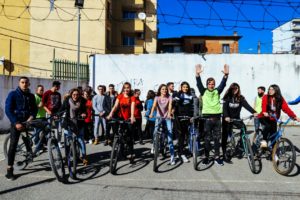
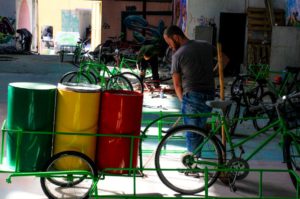 In just a moment we counted over ten bikers using the lanes. It was a rare emotion for the activists who have fought for ten years for protected lanes. Now these lanes are flowing rivers of bikers. Just like boats on true rivers, these bikers go about their days on these lanes.
In just a moment we counted over ten bikers using the lanes. It was a rare emotion for the activists who have fought for ten years for protected lanes. Now these lanes are flowing rivers of bikers. Just like boats on true rivers, these bikers go about their days on these lanes.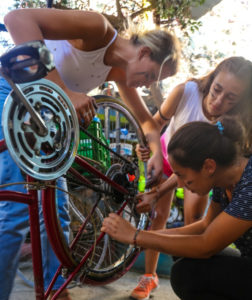
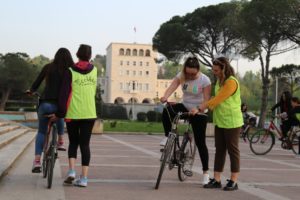 To change movement in a city with over 1 million inhabitants is the story of the success of a strong partnership like the one between U.S.A./P4P and Albania/PASS. When we look back we cannot believe that fate and time approached us with such a virtuous organization, whose support and energy helped us to create so many jobs for the community and to make a two-wheel revolution for our city. Thank you, Pedals For Progress. You are already a Nobel Prize organization.
To change movement in a city with over 1 million inhabitants is the story of the success of a strong partnership like the one between U.S.A./P4P and Albania/PASS. When we look back we cannot believe that fate and time approached us with such a virtuous organization, whose support and energy helped us to create so many jobs for the community and to make a two-wheel revolution for our city. Thank you, Pedals For Progress. You are already a Nobel Prize organization. 

